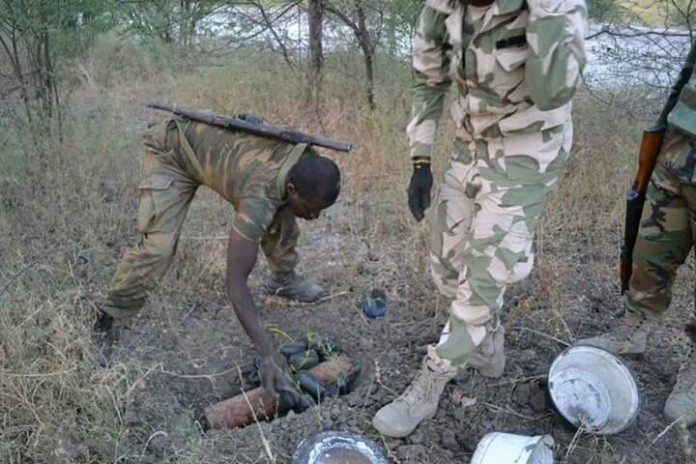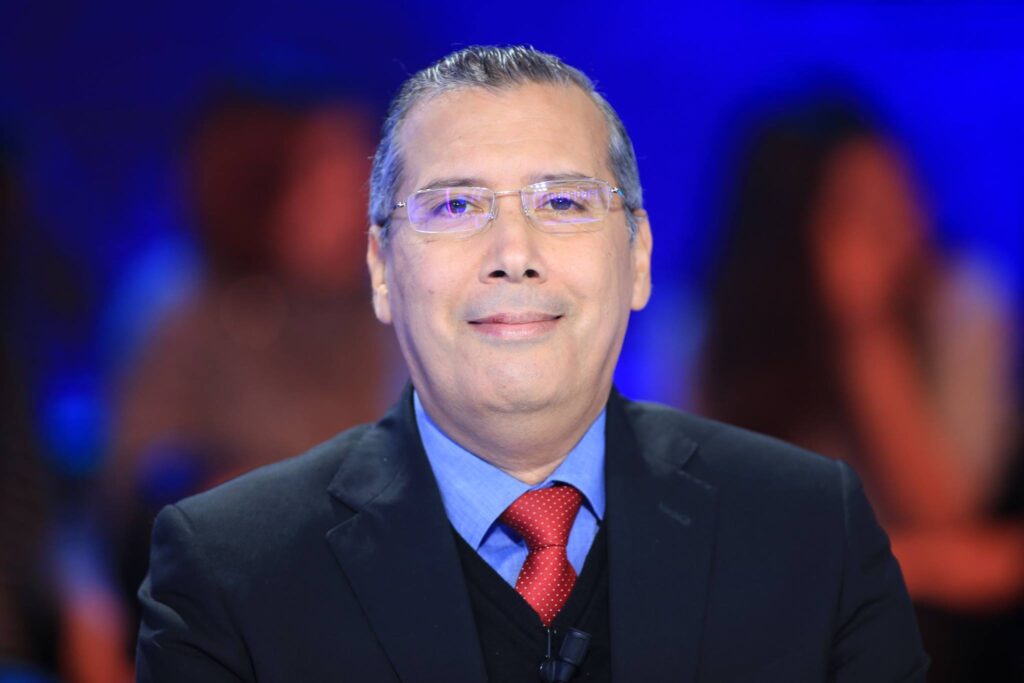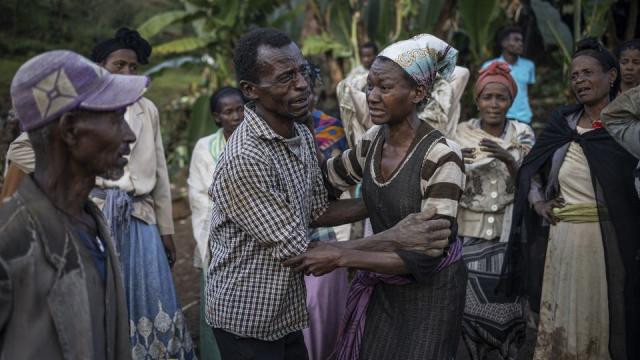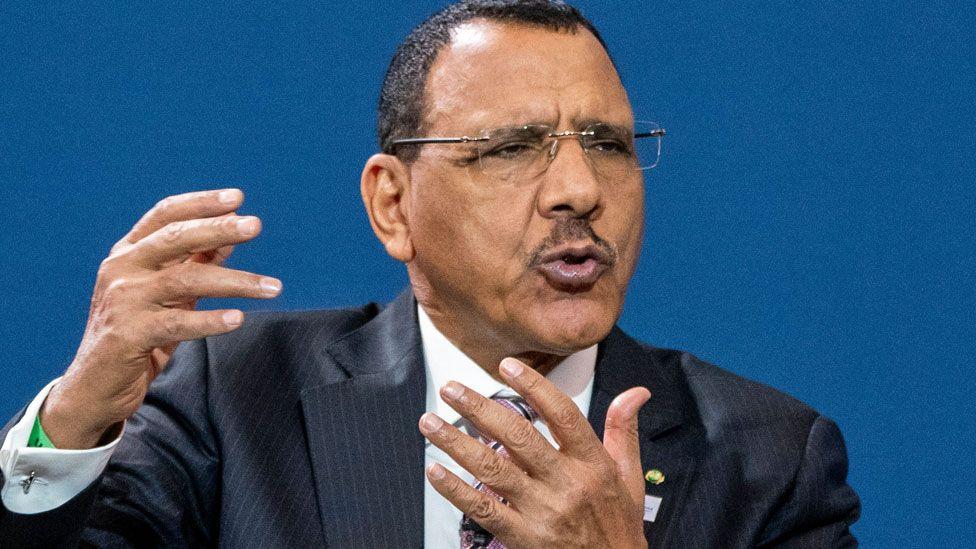
France will withdraw its troops from Niger in response to the July coup in the West African nation, President Emmanuel Macron announced on Sunday, in a significant setback for French influence and counter-insurgency efforts in the Sahel region.
Macron announced the withdrawal of 1,500 troops by year-end, emphasising that France, as the former colonial power in Niger, would not allow itself to be controlled by the coup leaders.
France’s departure, following weeks of junta pressure and popular protests, is expected to heighten Western worries about Russia’s growing presence in Africa. The Russian mercenary group Wagner is already active in Mali, Niger’s neighbouring country.
The French president has declined to acknowledge the junta as Niger’s legitimate governing authority. However, he stated that Paris would coordinate the withdrawal of troops with the coup leaders.
“We will consult with the putschists because we want things to be orderly,” Macron said in an interview with France’s TF1 and France 2 television stations.
Macron also stated that France’s ambassador would be recalled and would return to the country within the next few hours.
French influence in West Africa’s former colonies has diminished in recent years, coinciding with an increase in public discontent. Following coups in neighbouring Mali and Burkina Faso, French forces have been expelled from those countries, diminishing their involvement in the regional battle against deadly Islamist insurgencies.
Prior to the coup, Niger had been a crucial security ally for both France and the United States. They had utilized Niger as a strategic base in their efforts to combat Islamist extremism across the broader Sahel region in West and Central Africa.
Russian influence across Africa
Since the July 26 coup, France’s military base in the capital of Niger, Niamey, had become the focal point of demonstrations against the French presence.
Groups have consistently assembled on the streets to demand the withdrawal of troops stationed in the capital. On one Saturday this month, tens of thousands rallied against France, slitting the throat of a goat dressed in French colours and carrying coffins draped in French flags.
Pro-coup protesters in Niamey have displayed Russian flags, intensifying concerns among Western nations that Niger might follow Mali’s example and replace their troops with Wagner mercenaries.
Before his death in a plane crash last month, Russian mercenary leader Yevgeny Prigozhin had expressed his ambition in a social media video to enhance Russia’s presence on all continents and promote greater freedom in Africa. The future of Wagner remains uncertain following his passing.
Wagner is also operational in the Central African Republic and Libya. Western nations claim its presence in Sudan, although it denies this. Russian President Vladimir Putin has urged a restoration of constitutional order in Niger.
French nuclear power plants acquire a minor proportion, less than 10%, of their uranium supply from Niger. The mining operations in Niger’s northern region are overseen by France’s state-owned company, Orano.
Macron affirmed his continued recognition of President Mohammed Bazoum, who was democratically elected and is presently in captivity under the coup leaders. Macron had communicated his decision to President Bazoum.




